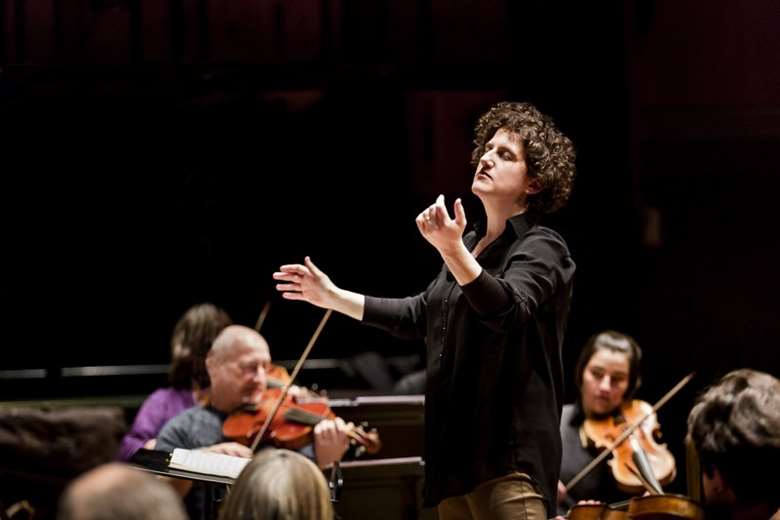Rebecca Miller: A Classical Music Change Maker
Rebecca Miller
Wednesday, February 17, 2021
The conductor and founder of Beyond Borders makes the case for greater diversity in the classical music industry

Photo: Richard Haughton

Register now to continue reading
Don’t miss out on our dedicated coverage of the classical music world. Register today to enjoy the following benefits:
- Unlimited access to news pages
- Free weekly email newsletter
- Free access to two subscriber-only articles per month
